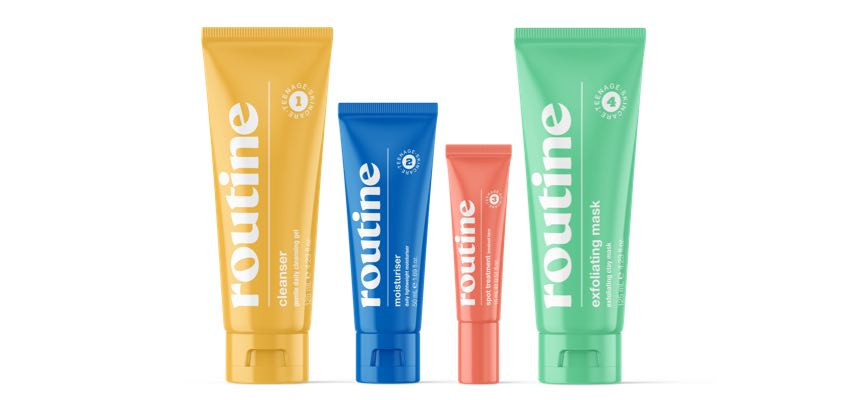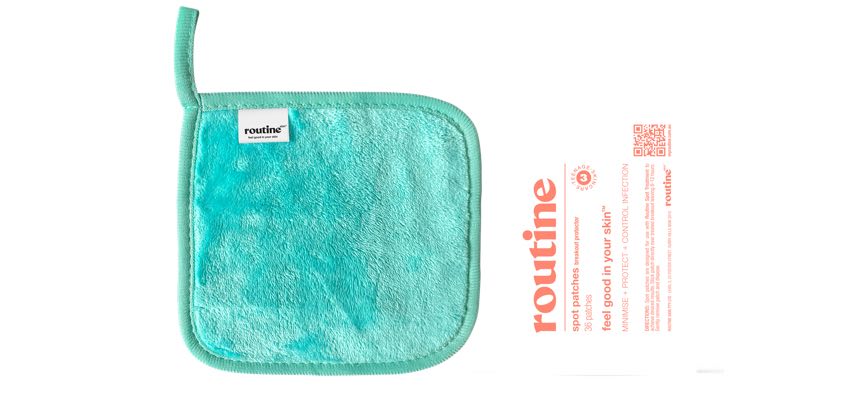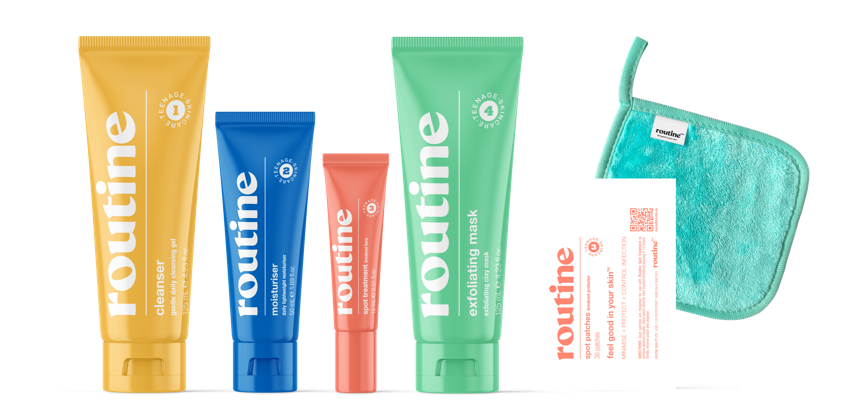Understanding and Managing Acne: A Guide for Teenagers.
Adolescence is a challenging time filled with hormonal changes and new experiences.
One of the most common skin issues during this time is acne. But did you know that almost 90% of the global population experiences some form of acne at some point in their lives?
Acne is a normal part of growing up and can be managed with the right skincare routine and lifestyle habits.
In this blog, we will discuss what causes acne, the different types of acne, and the best ways to treat and prevent it.
What is Acne?
Acne is a skin condition that occurs when your skin's pores become clogged with oil, dead skin cells, and bacteria. Our skin has tiny pores that are connected to a canal called a follicle. The follicles release perspiration and oil (sebum) to cool and protect the skin. But when the follicles produce too much oil, dead skin cells accumulate, and bacteria build up, pimples can develop.
Types of Acne
Blackheads
Blackheads are small clusters that appear on the skin as if there is dirt under it. The sebum is trapped in the pore and exposed to air, causing it to discolor. The most common causes of blackheads are incorrect skincare, medication, diet, and hormonal changes.
Whiteheads
Whiteheads are a common breakout that occurs when the hair follicle becomes clogged under the skin's surface. Overproduction of oils in the skin, puberty, diet, incorrect moisturizers, heavy makeup, and hormones can cause whiteheads.
Cystic Acne
Cystic Acne or Cysts is painful and comprises severe acne breakouts that form under the skin. They are caused by clogged pores and are filled with pus. Cysts do not have a head and cannot be easily squeezed to release the pus. Hormonal changes during menstruation are a common cause of cysts.
Acne Vulgaris
Acne vulgaris is identified by multiple skin lesions called pimples and spots. It is commonly found during the teen years but can occur at any age. It is found on the face, neck, chest, and back and is caused by the buildup of oil and dead skin, along with clogged hair follicles.

Best Ways to Treat Acne
Skincare Routine
A good skincare routine is essential to prevent and treat acne. Use a cleanser with antioxidants and antibacterial properties to strengthen the skin and keep it clean. Make sure to use a non-comedogenic moisturizer to protect the skin's acid mantle barrier and relax active acne lesions.
Diet
A balanced diet is crucial for healthy skin and can help prevent acne. Foods high in sugar and milk can manipulate insulin levels and cause hormonal changes, leading to acne.
Lifestyle Habits
Creating healthy skin habits is crucial to managing acne. Maintain a simple and effective skincare routine, balance your lifestyle, and be mindful of factors that can affect your skin, such as stress and sleep.
Remember, Acne is a common skin issue that can be managed with the right skincare routine and lifestyle habits.
Start with a simple routine (Routine Skin No 1 -4 Simple Routine), maintain a balanced diet, and create habits for life to keep acne at bay.
Remember, you're not alone, and it's a normal part of growing up.
Steph Eastwood
Co Founder Routine Skin and Accredited Skin Therapist






